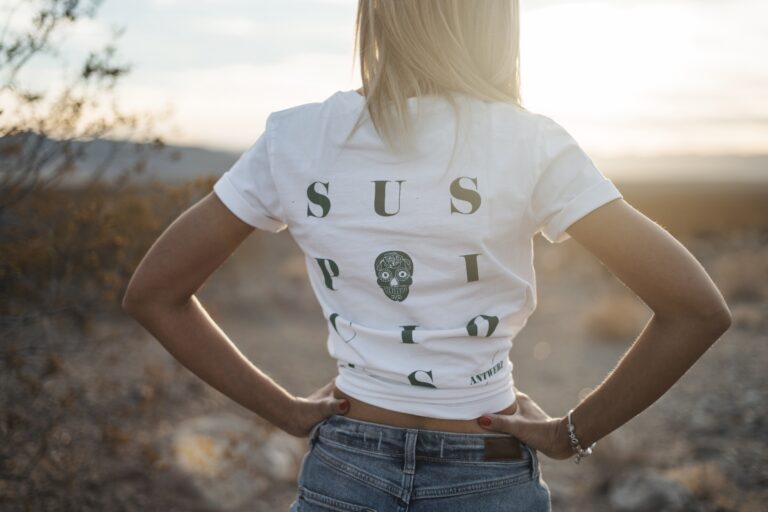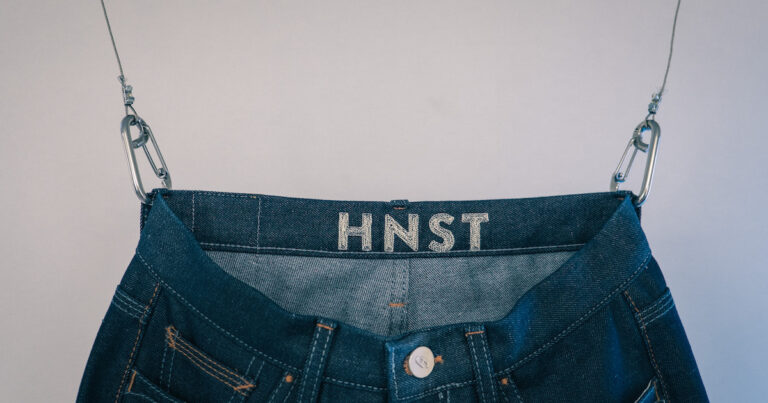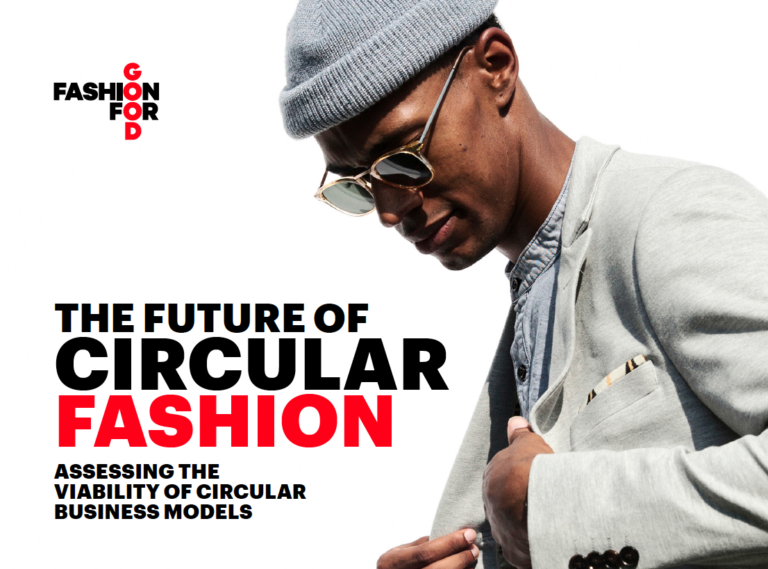Suspicious Antwerp – Unexpected collection drops & limited availability
This case description of the fashion label Suspicious Antwerp, which has created a unique following through its focus on unexpected collection drops, limiting the availability...
This case description of the fashion label Suspicious Antwerp, which has created a unique following through its focus on unexpected collection drops, limiting the availability of its products, and using influencer marketing. This contribution is written by Marie Zoé Kleinerüschkamp, graduate student in the Master in Fashion Management program at Antwerp Management School. Suspicious Antwerp is a lifestyle streetwear brand from Antwerp that sells unisex clothing worldwide through its own web shop. The company was founded in 2017 by Philipe Libert and Frederik Janssens as part of a project during their studies at the University of Antwerp. The collections’ main...



